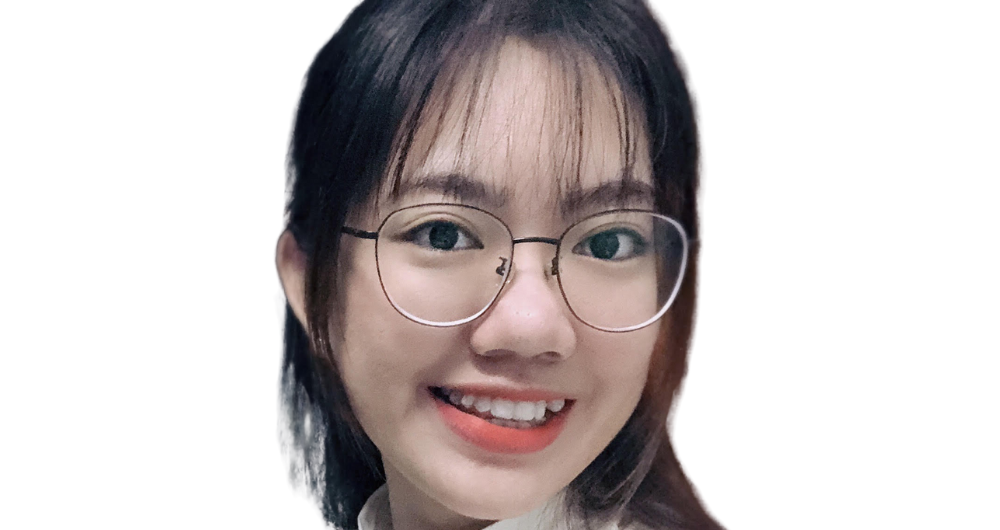
Each year Foróige works with over 50,000 people aged 10 to 18 all over Ireland, through youth clubs run by young people themselves, facilitated by adult volunteers. Active since 1952, Foróige runs programmes focused on skills development outside of a school setting on subjects such as mentoring, entrepreneurship and digital skills.
Foróige also has a wide network of youth projects involving more structured activities run by Foróige staff. These help young people to deal with issues associated with poverty, social exclusion, under-achievement at school, early school leaving, youth crime, substance abuse and family difficulties.
Foróige has been expanding its digital youth work for many years, building on a tradition of creating new spaces where young people can thrive. Foróige Go is now a vibrant online community, giving young people the chance to connect, learn and develop in ways that work for them – especially when geography, disability or confidence might otherwise create barriers. It has grown into a dynamic strand of youth work that continues to open new possibilities.
Within this space, GoLevelUp introduces 10 to 14 year olds to creative digital skills such as podcasting, animation, online safety and understanding their digital footprint. GoLevelUp 2.0, for ages 14 to 18, develops these foundations further, exploring digital communication, collaboration, privacy and cyber security.
The next stage, GoLevelUp 3.0, is now in development for young people aged 16 and above. It will allow them to focus on the topics they care about most and explore digital skills in greater depth. This is where the partnership with Insight comes in – sparked by a conversation between Foróige’s Director of Programmes and Research, Sarah Haslam, and Insight’s DCU director, Professor Tomás Ward. Recognising Foróige’s digital vision, Professor Ward proposed a research collaboration to strengthen and grow this work.
‘What we really needed was external research to explore and validate the work we are doing with Foroige Go,’ says Haslam. ‘It’s important that we make decisions that are evidence-based. We are government funded and in order to unlock the potential of this investment we need evidence that what we are doing is working for young people. We need to build the best model for growth.’
‘Insight has access to the best expertise in this area – their research and our practice coming together means that we can influence policy and build a really sustainable digital youth work model for the future. When we say Foróige Go is supported by the Insight Research Ireland Centre for Data Analytics, people take notice.
Insight researcher Van Nguyen (pictured) has taken on the task – initially conducting a literature review of digital youth work to establish best practice. Van Nguyen will work with Foróige for nine months. After the initial literature review, she will immerse herself in the programme, conducting surveys, interviews and focus groups.
Van Nguyen is from an education background and started to develop an interest in data science when completing her University of Limerick dissertation in corpus linguistics – the study of patterns in naturally occurring language in large collections of text such as newspapers or social media posts.
‘I could see how data science could inform decisions in education so I started studying computing and looking for roles that would combine education and data analysis,’ says Nguyen, who came to Ireland from Vietnam on a scholarship in 2022. ‘The role with Foróige is a perfect combination of the two areas.’
Van has already completed a literature review of digital youth work models. She has immersed herself in Foróige Go, seen how the programmes operate in practice, and observed young people engaging with them first-hand, giving her a clear understanding of how the programme works day to day.
‘There were a lot of concerns about digital youth work when it was first implemented – many in the sector felt it was better to work with young people in the traditional way, in person. However, my review of the research is showing that digital youth work has a lot to contribute in terms of engaging young people from different backgrounds who might have difficulty accessing centres. This area is more advanced in many European countries.’
There hasn’t been much research conducted on the potential role of Virtual Reality in youth work, so Van is looking forward to developing knowledge in that area. ‘This project will provide valuable insights into how to develop this mode in Ireland and beyond,’ she says.